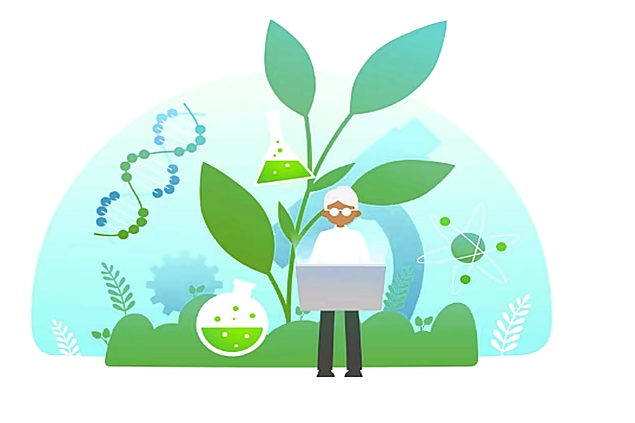1553

The food system significantly contributes to the deterioration of the natural world, often stretching biocapacity beyond the breaking point. Now, a recent study cited by FoodNavigator shows that the EU-27 countries have exceeded biocapacity in Europe, and the food system is partly to blame.
The Blame on the Food System
Biocapacity is the ability of an area to support human life by producing food and fuel from the land and the amount of waste it can efficiently absorb.
According to a recent study by Nature Food, covering the period from 2004 to 2014, the 27 EU countries have exceeded their biocapacity. This is largely due to the food system.
The study examines each member state's ability to meet its citizens' demands, with less encouraging results.
Food accounted for between 28% and 31% of the ecological footprint measured during the study, consuming over half of the land's biocapacity. This was the largest component of the ecological footprint by a significant margin, with the next largest being personal transportation (21-22%).
The Biggest Players in the Ecological Footprint
On a per capita basis, Luxembourg had the highest food footprint (ecological footprint solely for food) by the end of the study in 2014, while Ireland had the lowest.
The foods contributing the most to the ecological footprint are beef, fish, seafood, bread, and cereals. These foods make up 49% of the average EU resident's food footprint, despite representing only 27% of the 860 kg of food available per ordinary person (as it was in 2014).
Beef, in particular, stood out even among other meats. Studies suggest that cutting beef consumption in half and replacing the lost calories with poultry or pork could reduce the food footprint by 6%, or by 7% if replaced with beans and legumes.
Of course, due to different consumption habits, the proportion of the ecological footprint from food varies in each country. The type of food a country consumes also influences its ecological footprint.
Countries with a larger food supply tend to have a higher ecological footprint in general. However, the food footprint is also affected by diet (e.g., Malta has a higher percentage of vegetable consumption than the average, so even with its large food supply, it has a relatively low ecological footprint).
Not only food consumption but also food waste contributes to a country's food footprint. France had the highest food waste-related food footprint, with 135 kg of food waste per capita each year, well above the EU average of 113 kg.
The Impact of Globalization
The study found that globalization also plays a key role in each nation's food footprint. A significant portion of the food footprint in the 27 EU countries was based on biocapacity from other countries, effectively imported through international trade.
However, much of this occurred within the borders of the 27 EU countries, with 74% of imported biocapacity coming from other EU countries in 2004 and 76% in 2014. Only about a quarter of this imported biocapacity comes from outside the EU.
Many newer EU countries, such as Romania, Bulgaria, and the Czech Republic, have an average international food footprint of less than 40%. Most EU countries have between 40% and 80% of their food footprints coming from external sources. A few densely populated EU countries, like Malta, Luxembourg, and Belgium, have over 80% international food footprints.
Signs of Progress
Over the studied period, there were some levels of progress. For example, the average ecological footprint of a EU citizen decreased by 20% between 2004 and 2014, and most countries reduced the food footprint per resident.
Some of the progress in food can be attributed to the reduction in total meat consumption in the EU, for which red meat was the sole culprit (white meat consumption actually increased).
The trend of reducing the food footprint is particularly noticeable in Eastern European countries. The study suggests this is related to their integration into the EU's trade.
However, food remains the most significant factor in exceeding biocapacity during the studied period.
The Future of Biocapacity
The report suggests that biocapacity is exceeded because the resources of member countries are overused, much like our global common goods (international resource domains). Additionally, the level of imported biocapacity is higher than that exported, limiting the EU's strategic autonomy.
Although a snapshot of past years, awareness of the role of food in the EU's ecological footprint is important, and the study suggests that, due to the potential of the Farm to Fork Strategy, if implemented properly, to align the EU with the Paris Agreement and the UN's Sustainable Development Goals.
However, due to its significant supply from outside the EU, changing internal food policy alone will not be enough to achieve carbon goals. The study suggests that the EU must also change its sourcing practices.





